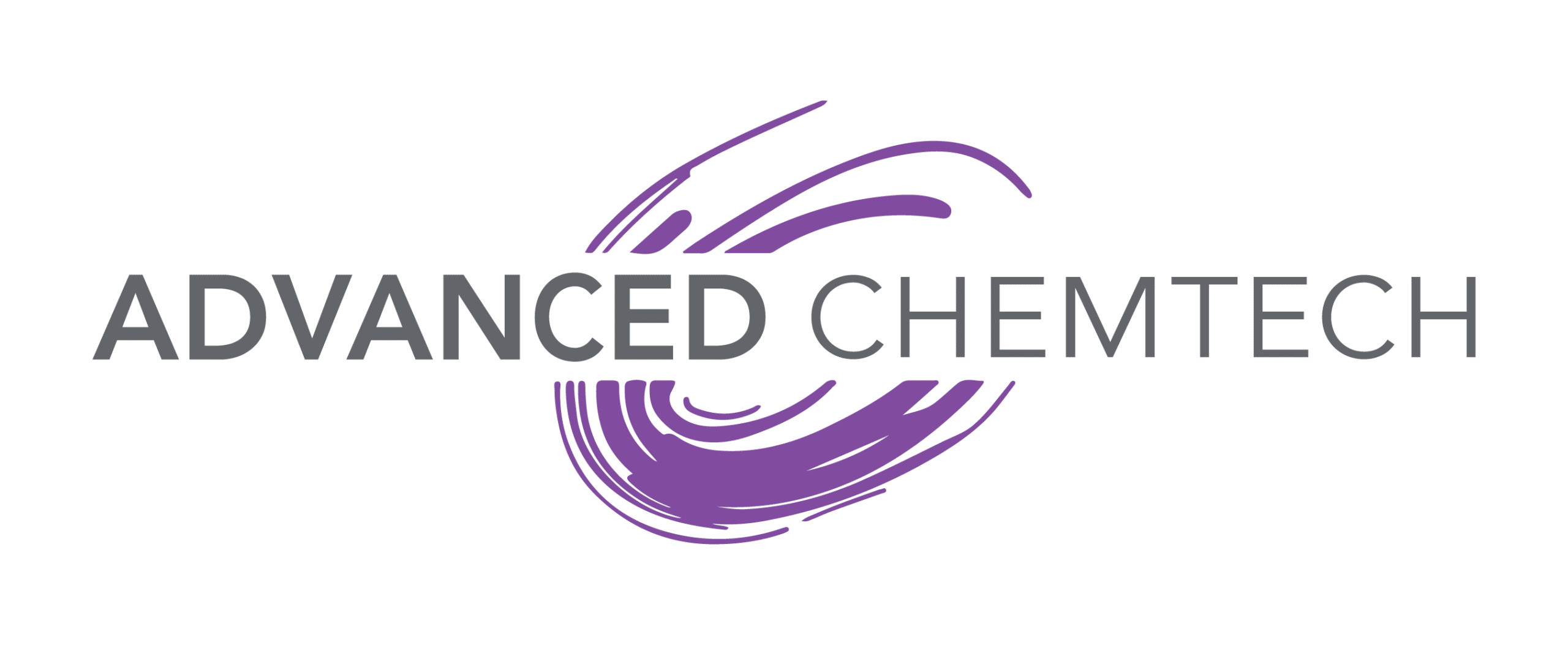The words analytical chemistry and chemical analysis can sometimes be confused by those outside of the scientific community, but it’s important not to mix these two up as they are entirely different concepts.
At its core, the difference between these two is that one is a process whereas the other is a branch of chemistry. Analytical Chemists often perform chemical analysis and rely on the information and raw data produced through its processes to better understand the chemical makeup of the compounds they’re studying. In this blog post, we’ll discuss what both of these terms actually are as well as why they may sometimes get mixed up.
What is Analytical Chemistry?
Analytical chemistry is the study of the chemical composition of matter. It covers a wide range of techniques and methods used to determine the elemental, molecular, or structural content of any given sample. Analytical chemistry has many applications, including forensic science, environmental analysis, process control and quality assurance. It is also an important tool for R&D, providing a means to evaluate new compounds and identify potential problems with existing processes.
Analytical chemistry can be divided into two main areas: qualitative and quantitative analysis. Qualitative analysis is used to determine the identity of a chemical compound in a sample using specific tests or techniques that reveal its components without quantifying them.
What is Chemical Analysis?
Chemical analysis is the process of determining the composition, purity and properties of a substance. It involves analyzing samples using various techniques and methods to determine their chemical composition. These techniques include: spectroscopy, mass spectrometry, infrared spectroscopy, nuclear magnetic resonance spectroscopy, ultraviolet spectroscopy, and Raman spectroscopy.
In various industries such as food & beverage, pharmaceuticals, petrochemicals, and others, chemical analysis is employed for quality control purposes or for research purposes. It’s also utilized in forensic science to ascertain the composition of unknown substances and their purity. This information can prove valuable in crime scene investigations, helping to determine whether a substance found at the crime scene was intentionally or accidentally spilled, or if it was planted as part of an elaborate hoax.
Differences between Analytical Chemistry and Chemical Analysis
Analytical chemistry and chemical analysis may seem like two peas in a pod, but they’re more like apples and oranges. Analytical chemistry is like a detective, focusing on finding the best route to identifying and measuring the chemical composition of a sample, down to the molecular level. Think CSI for chemicals. Chemical analysis, on the other hand, is more like a matchmaker. It uses the routes found by analytical chemistry to determine whether two substances are identical or different based on their physical properties, like a scene from The Bachelor. It’s also used to identify unknown substances by measuring their properties or reactions with other chemicals.
Another difference between analytical chemistry and chemical analysis is that analytical chemists work to improve and extend established analytical methods, while chemical analysts use established methods to perform routine analyses on samples.
To Conclude
There are several key differences between analytical chemistry and chemical analysis. The most important difference is that analytical chemistry is the branch of chemistry involving processes of identifying and quantifying compounds in a sample using instrumentation, whereas chemical analysis is the process itself of the identification of compounds. It simply involves measuring the amount of one substance present in another substance.
Analytical chemists have access to an array of different techniques for analyzing samples, ranging from simple titrations to complex mass spectrometry methods like liquid chromatography-mass spectrometry (LC-MS). These techniques allow them to accurately determine the concentrations of various elements or compounds in samples without having any prior knowledge about what those elements might be present at different levels within the sample itself – something that would be impossible if you were just trying to count how many grams there were total!
FAQ
Which techniques are commonly used in analytical chemistry?
Common techniques in analytical chemistry include chromatography, mass spectrometry, spectroscopy, electrochemistry, and titrations.
Which techniques are commonly used in chemical analysis?
Chemical analysis may be performed using any number of techniques, including gravimetric analysis, volumetric analysis (titrations), colorimetry and flame tests.
Are there any overlaps between analytical chemistry and chemical analysis?
Yes, there is a significant overlap between analytical chemistry and chemical analysis in terms of techniques and applications. Both fields share the goal of understanding the chemical composition of a sample and ensuring the quality and safety of products.
How do I decide whether to use analytical chemistry or chemical analysis for a specific problem?
The decision to use analytical chemistry or chemical analysis depends on the specific problem you are trying to solve. If you need to identify and quantify the chemical composition of a sample, analytical chemistry would be more appropriate. If you are looking to determine the amount of a specific element or compound in a sample, chemical analysis would be more suitable.
What are some common examples of analytical chemistry and chemical analysis in everyday life?
Analytical chemistry is commonly used in drug testing, measuring pollutants in the environment, and testing the purity of drinking water. Chemical analysis can be seen in quality control checks for food and beverage products, determining the concentration of active ingredients in pharmaceuticals, and checking the composition of materials in construction.
